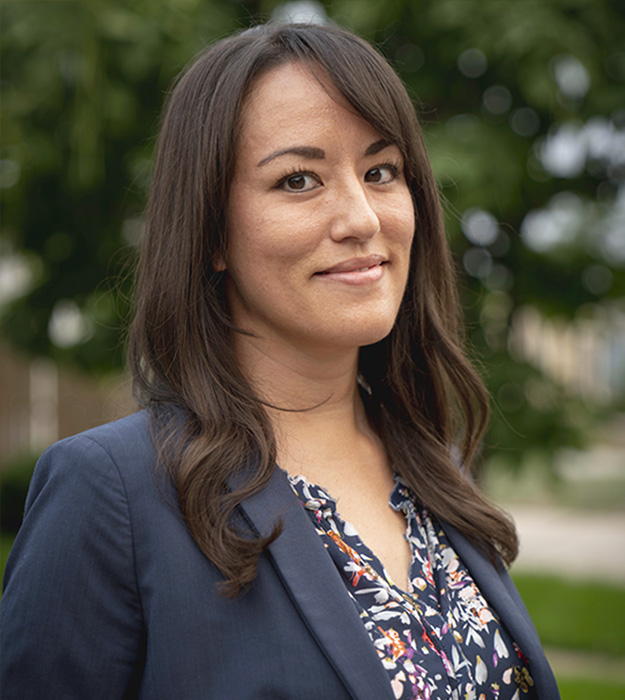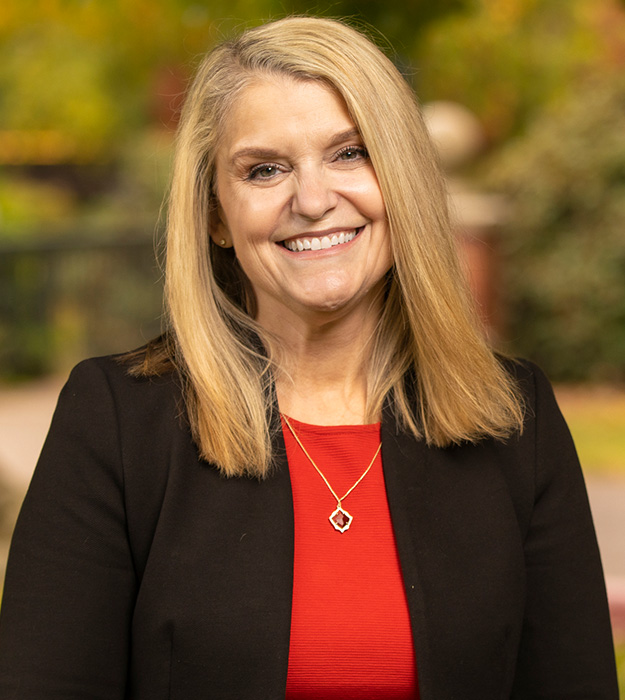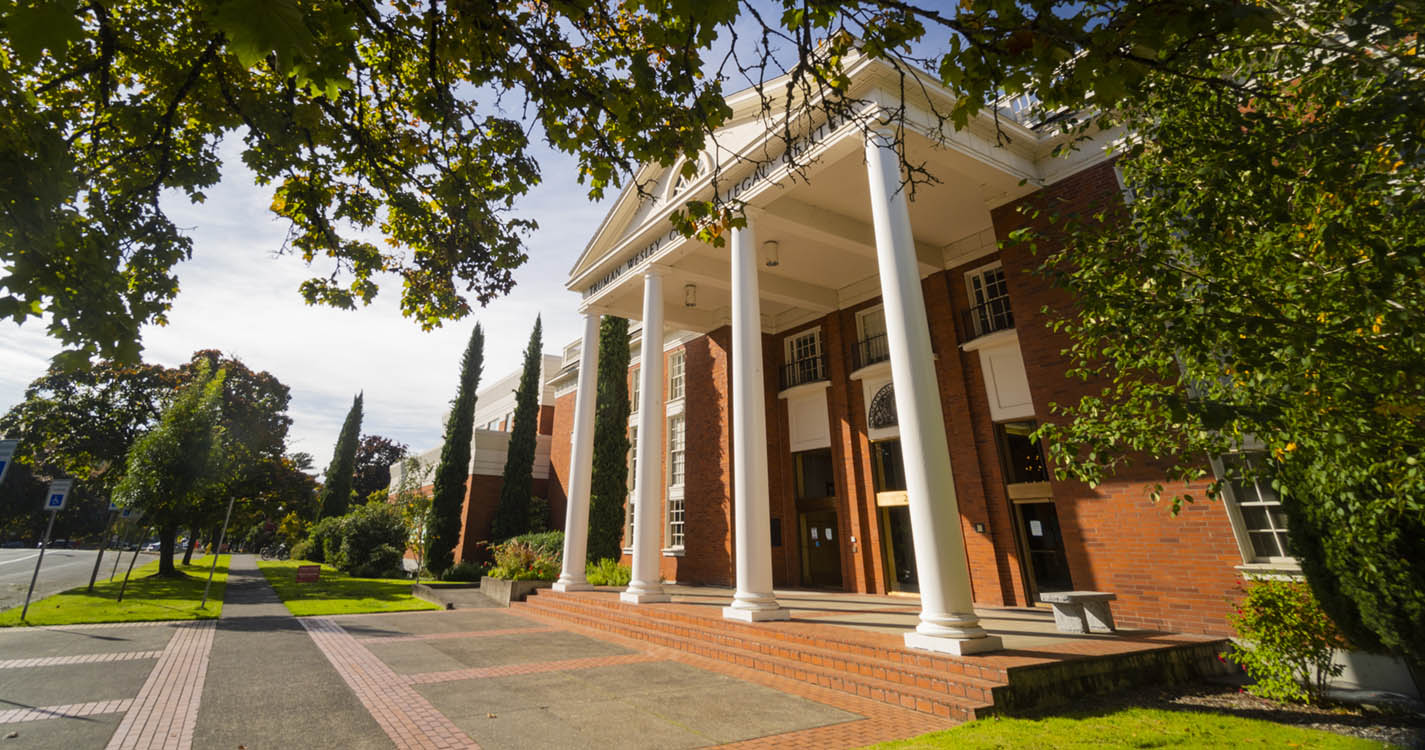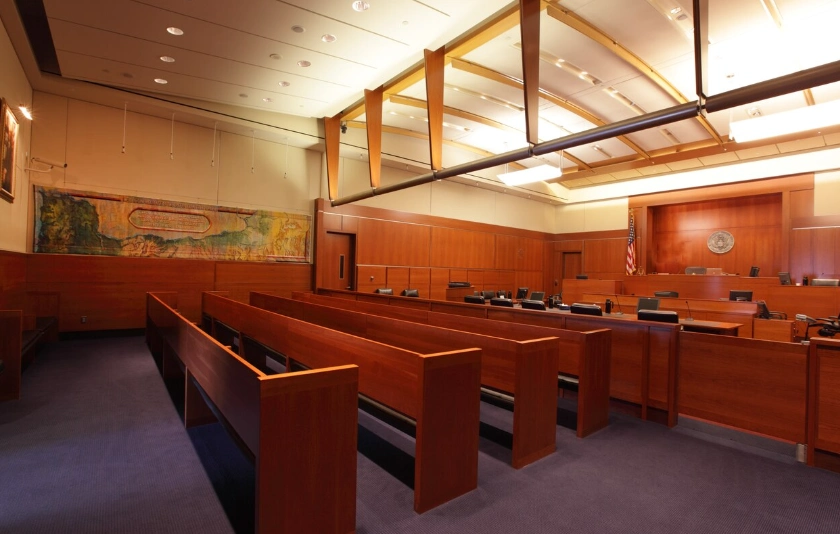With growing interest in its experiential learning opportunities, Willamette Law excitedly announces a significant investment into the Clinical Law program with the hiring of Professor Sarah Matsumoto, from Sturm College of Law at the University of Denver, and the appointment of Distinguished Practitioner-in-Residence, Professor Susan Cook, to the full-time faculty. Both will assume their positions at Willamette this summer to direct the College of Law’s legal clinics.
Sturm College of Law is well-known for its strength in hands-on learning, something Willamette Law plans to match in the Pacific Northwest. With Matsumoto and Cook joining the Clinical Law program as full-time faculty in the clinics, and a new emphasis on the school’s Signature Strengths, Dean Brian Gallini is confident they are headed in the right direction.
“We are well on our way to growing into the Pacific Northwest’s leading experiential law school,” Gallini says. “Having Professors Matsumoto and Cook join us truly legitimizes our goal.”
Willamette Law currently offers four clinics in Business Law, Child and Family Advocacy, Immigration, and Trusts and Estates. Previous clinics have also included Sustainability, Human Rights, and Law and Government. Students can enroll for multiple semesters and gain experience meeting with actual clients and completing real legal work, such as guardianships, special needs trusts, wills and trademarking assistance.
When Professor Warren Binford, who will be leaving for the University of Colorado in July, took over and revitalized the program in 2005, demand for the clinics’ experiential learning opportunities increased exponentially.
Although the excitement about the program has continued to grow, running it is resource-intensive. In 13 of the last 15 years, enrollment exceeded clinic capacity, but even then, only about 13% of the total student body could participate. Adding Matsumoto and Cook will help to address the student demand for clinical learning opportunities.

For the last three years, Matsumoto has been a clinical teaching fellow at Sturm’s Environmental Law Clinic. A Washington native and graduate of Seattle University School of Law, she is thrilled to be returning to the West Coast. She is especially excited about offering a new Environmental Justice clinic in what is known as an outdoors haven.
“My hope is that clinic students and I will help people access meaningful legal options and opportunities that truly impact their everyday lives,” Matsumoto says. “Experiential offerings like a clinic are an essential part of students’ legal education, and I can’t wait to meet and work with the outstanding students at Willamette Law.”

Cook has been in private practice in Salem since 1996, focusing on protective proceedings, estate planning, and probate and trust administration. Her practice deals with wills, trusts, guardianships, conservatorships and probate matters. Cook has been a part-time lecturer-in-law at Willamette Law since 2000, teaching overwhelmingly popular sections of Elder Law and the Trusts and Estates Clinic.
“When I started teaching as an adjunct professor in 2001, I was unsure how long I would continue,” she says, “but the more time I spent with students I realized my true passion lies in teaching. Every year seems to get better with the clinic. I am inspired by each new class of students who bring fresh ideas and a renewed desire to help our community.”
The appointments of Matsumoto and Cook usher in a new era, along with more emphasis on experiential learning at Willamette Law. Gallini, who became dean of the school last summer, sees the potential in the program’s growth.
“Students not only want to learn how to think like a lawyer, but also practice how to be one,” he says. “At Willamette Law, our students get the best of both worlds, learning from our incredible faculty scholars, then applying their knowledge in real-world situations. Bringing in Professors Matsumoto and Cook to strengthen experiential opportunities for our students is another critical step toward becoming the premier law school for experiential learning in the Pacific Northwest.”



